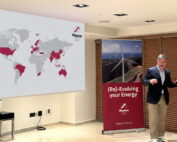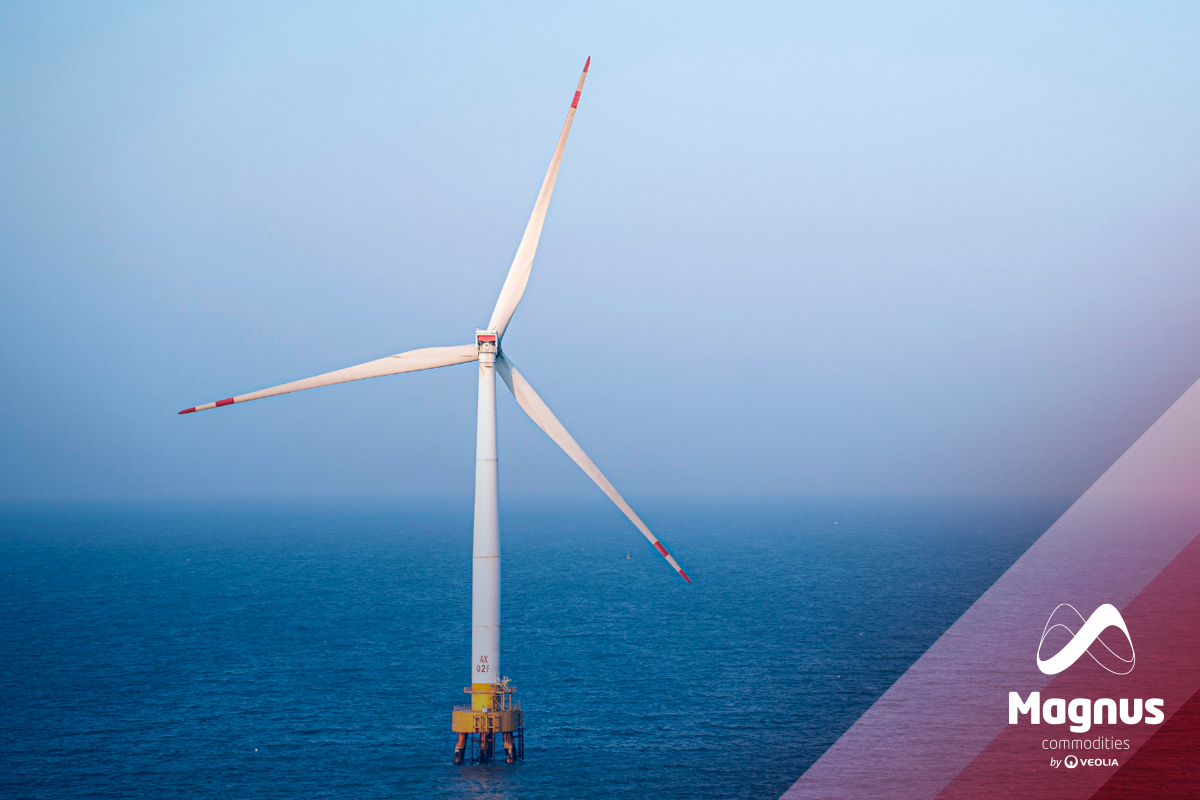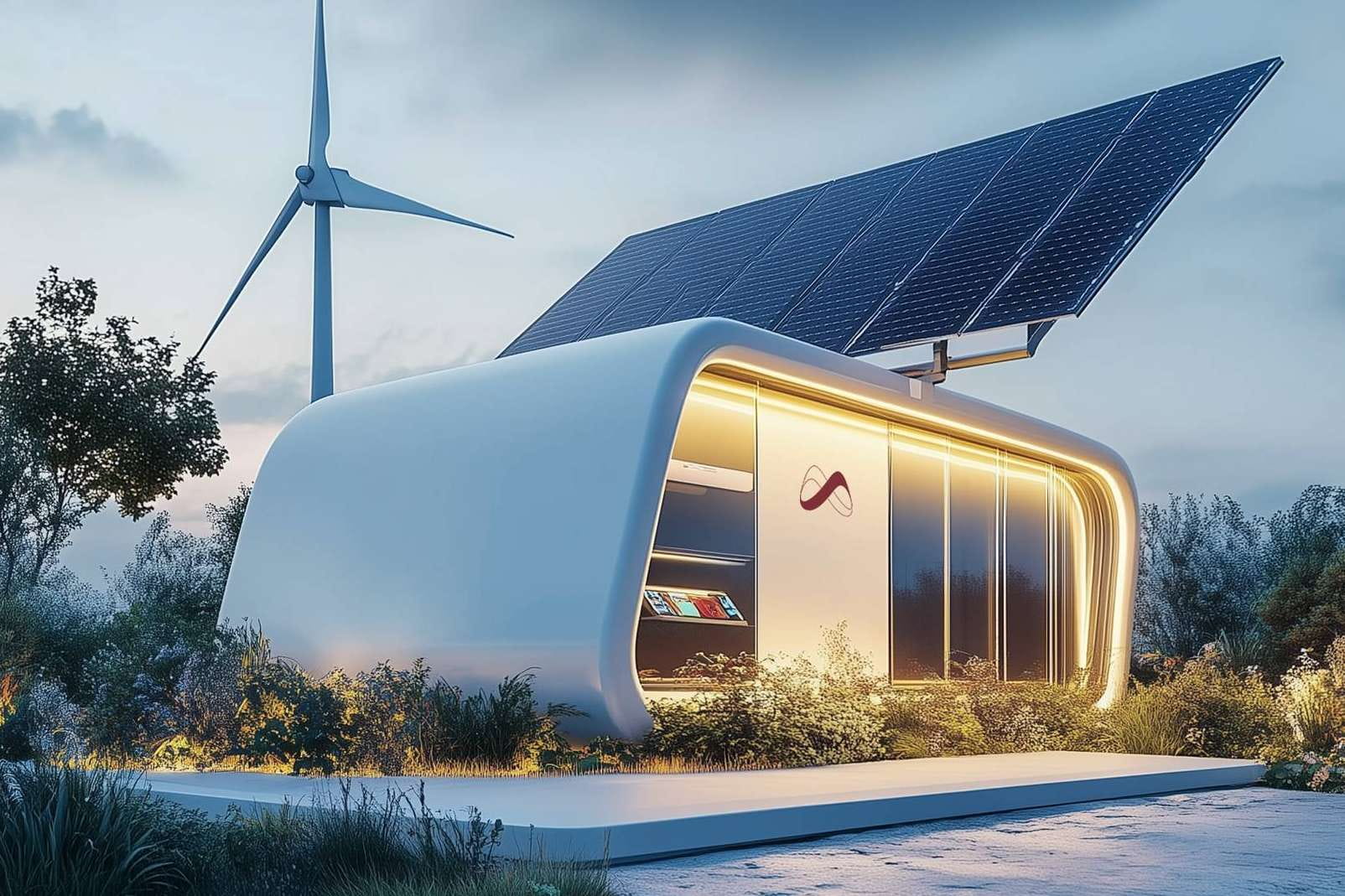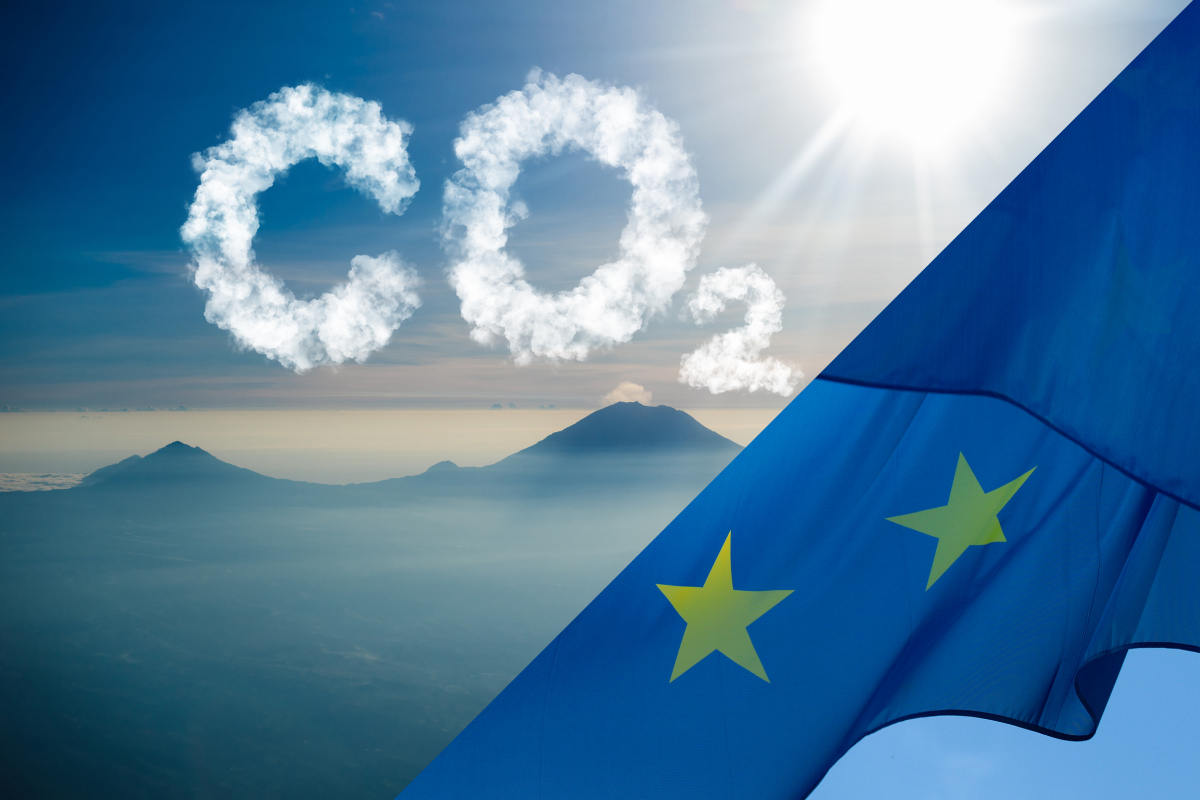
Last October 9th, two months just before the general elections on December the 20th, the Council of Ministers adopted the Royal Decree which regulates electrical consumption and making it useless.
It is inherited measure of the electricity reform driven by the current government with new taxes and cuts to subsidiaries, which have been an additional difficulty to the development of clean energy.
Under current law, if the so called “self-consumers” would not take charge of the current grid fees to cover system costs (spending on transport networks; distribution; in the repayment of the debt or the additional costs of generation in the islands, etc.), they should be assumed by all the other users, which would make even more expensive the regulated part of kilowatt consumed.
The Royal Decree Law 900 of 2015 establishes the following measures:
- RD 900/2015 imposes new charges on producers, both a fixed cost per installed power capacity and one variable cost by the electricity that is self-consumed.
- The Decree also considers a specific surcharge for those who have batteries to store part of the electricity produced by its solar panels, including bureaucratic processes such as:
- Registration in a record of self-consumers.
- Request for a report of connection to suppliers.
- Obligation to install the measurement equipment in an accessible place and near to the point of connection to the distribution network.
- Prohibition of sharing production facilities between several users.
However, the methodology of the charges and exemptions is not defined in this RD, instead of that they are set out on a temporary basis, awaiting implement of a method for calculations in the future.
Those who are connected to the grid will pay both the full capacity and the energy component depending on what is used from the grid and how much is consumed, as any normal user. But this figure must also cope with the “Sun tax” by paying the above mentioned surcharges.
Out of these surcharges, the only ones which would be exempt are those who choose to disengage completely from the general power grid, which is a crucial impediment since most of the consumption of the domestic users and SMEs are made during the time in which solar electricity cannot be produced, so they must use the grid as a support system. Plants with a power exceeding 10KW and/or plants in Canary Islands and the Balearic Islands would also are exempt.
On the other hand, Industry Ministry hasn’t mentioned one of the main claims of the sector, the net balance: It claims that customers can pour excess electricity to the grid and be directly deducted from the invoice. This is a formula that is used in Europe and in the United States.
The RD establishes two categories in this area depending on the size of the facilities:
- Facilities with capacity generation lower than 100KW:
- May pour the excess of its capacity in the grid, but they shall not charge any compensation therefore.
- Large producers, facilities higher than 100KW:
- Would be able to charge for the poured energy and will do so at the price of the wholesale market in the moment the energy is provided.
- However, this activity is legal and for tax purposes it is equal to the one that applies for any other generator in the country. With this, it will have to pay the current charge for power generation: €0.5 / MWh and the 7% tax on production.
With this scenario, we also find that measures are applied with retroactive effect, affecting the already operating facilities and causing that the ones which can’t quickly adapt to the measures are going to be in an irregular status.

According to UNEF (Photovoltaic Spanish Union): there has been only 22 MW of new photovoltaic capacity registered in 2014 in Spain compared to the 40,000 MW in the rest of the world. A very weak figures compared with the increase in our neighboring countries: in Britain 2.270MW, 1.900MW Germany and France 1.000MW. While Spain has although 65% more solar radiation than Germany, they have installed 600% more photovoltaic capacity than Spain.
The sector is already preparing the umpteenth battle against the energy sector reform and the opposition has pledged to repeal the “Sun tax” after the elections.
Given this situation in Spain and the rest of Europe, what remains clear is that the sector requires hastily clear performance guidelines and a boost in confidence to invest regardless of the different leaders in the government. On the eve of the 20D elections, parties strive to propose agreements on electricity reform-minded future stability and legal certainty. However, so far, the current situation is only prolonging the period of uncertainty and scare away those adventurous investors who may have survived 10 royal decrees and two laws in the last 4 years. Undoubtedly, this end of the year and beginning of 2016 will come up changes.
Sonia Díaz | Energy Consultant
If you found it interesting, please share it!
Recent Articles



































